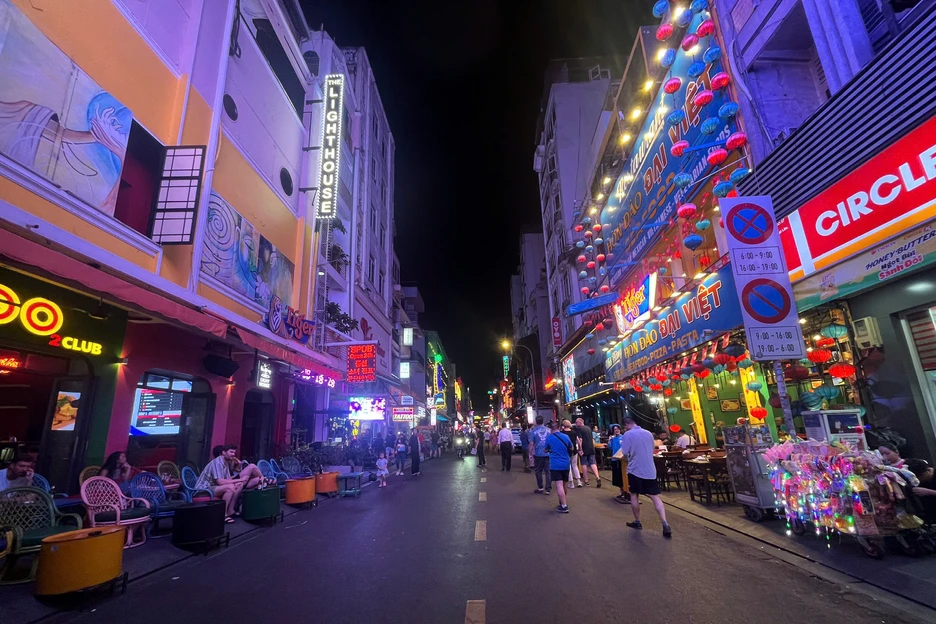Residential Buildings in Ho Chi Minh City from the Perspective of Adaptive Reuse and Sustainable Development

In the context of rapid urbanization and increasing pressure on land and resources, many old residential buildings in Ho Chi Minh City are at risk of demolition, despite their historical, architectural and social value. This study explores how these buildings can be renovated and reused to meet modern housing needs while preserving cultural identity and reducing environmental impacts.
Adaptive reuse of residential buildings in Ho Chi Minh City is not only feasible but also in line with global sustainable development goals. However, its implementation faces a number of barriers, including regulatory constraints, lack of technical guidance and socio-economic constraints. The study proposes strategic recommendations for integrating adaptive reuse into urban planning policies, promoting public-private partnerships and raising awareness and engagement of stakeholders.
This thesis hopes to contribute to the development and conservation of sustainable housing in Southeast Asia, particularly shophouses. It provides important insights into how cities such as Ho Chi Minh City can leverage their existing built environment to support long-term environmental, economic and cultural sustainability.
Hà Mai Lê Ngọc, M.A. (Arch.) Van Lang University, Vietnam
since 2024